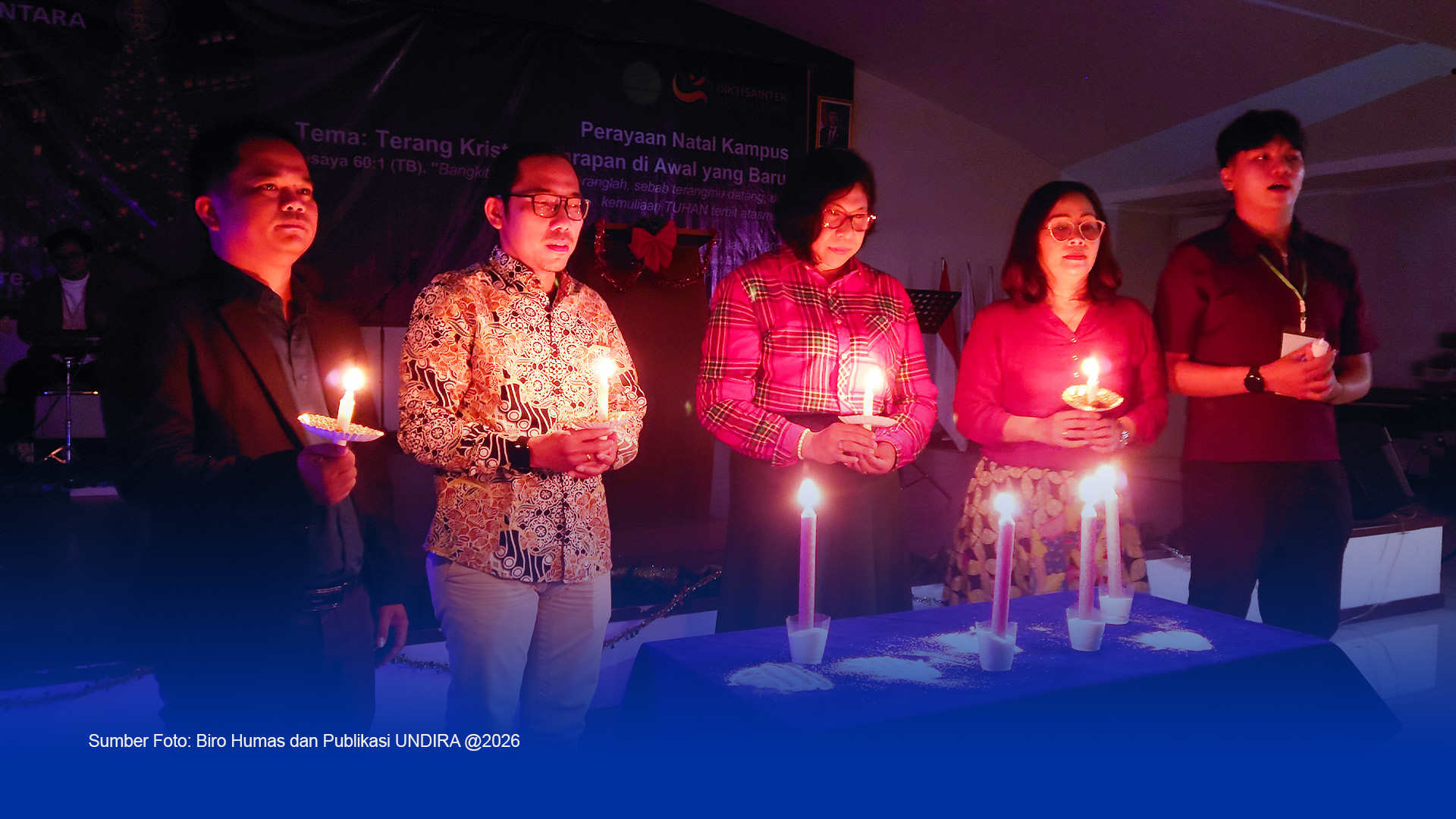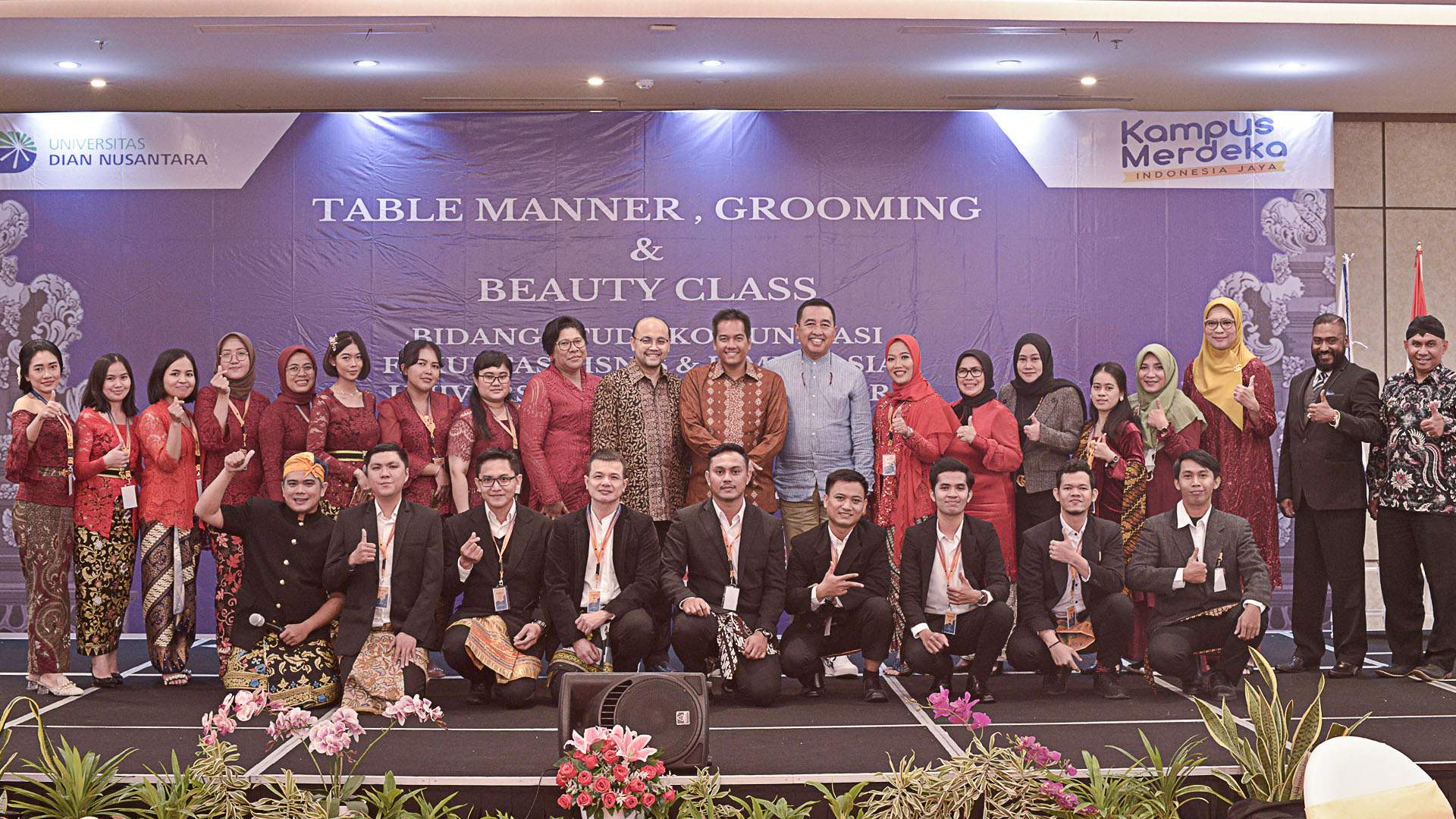Psychological Burnout in Modern Culture: Balancing Mental and Physical Health

Recently, there was news about a resident doctor at a university who ended her life, reportedly due to bullying. According to Gajahmungkur Police Chief, Commissioner Agus Hartono, the body of Aulia Risma Lestari, a student at the Faculty of Medicine, was discovered on Monday, August 12, at 11:00 PM in her rented room in the Lempongsari area, Gajahmungkur District. Commissioner Agus reported that the discovery was made after the victim's close friend, who had been unable to reach Aulia since that morning, came to check on her.
The investigation revealed that the victim’s face was blue, and a diary was found detailing her struggles during her studies. The diary indicated that the victim experienced mental distress due to the actions of a senior during her time in college. Commissioner Agus stated, “She might have communicated with her mother because, from the diary, it’s clear the victim felt overwhelmed by her studies and her seniors. Her mother was already aware that her child had intended to resign, that she couldn’t take it anymore.”
The case of Aulia Risma Lestari is one of many where depression and psychological burnout among Generation Z in Indonesia are prevalent. Burnout culture has become a significant problem, arising from chronic fatigue caused by various pressures in the current era of modernization—ranging from economic issues, social interactions, to unbalanced lifestyle management where people prioritize pursuing prestige, leading to entrapment in other continuous problems.
Burnout culture refers to a work environment or lifestyle where the pressure to work hard and continuously achieve is extremely high, leading to prolonged physical, mental, and emotional exhaustion.
Burnout culture, besides being observable through declining productivity, can also be identified by several characteristics:
- High Expectations: There’s pressure to always meet or exceed expectations, whether from oneself, superiors, or the surrounding environment. Among some young generations, excessive desire with personal justification can lead to side effects such as delusions about overly ambitious goals.
- Workaholism: The drive to keep working non-stop, often exceeding reasonable working hours.
- Minimal Rest: Lack of adequate rest time, including sufficient sleep and vacations.
- Stigma Against Fatigue: Feeling guilty or ashamed to complain or admit fatigue, leading to fatigue often being concealed.
- Decreased Motivation in Activities: Repetitive tasks can naturally lead to boredom, which can result in depression, anhedonia, and burnout towards an activity.
Bernardin (1993), explains burnout as a condition related to emotional responses to specific stimuli. In most cases, burnout symptoms occur among Generation Z and Millennials who engage in activities without self-care, leading to excessive fatigue. With many social demands that cause boredom or excessive sensitivity, it is crucial for generations, especially Generation Z, to balance their activities or select productive activities during their free time as a form of physical and mental revitalization.
Engaging in a variety of productive activities is expected to alleviate stress and the burden of excessive work or study pressures. Intrinsic support from individuals, such as emotional management and setting social boundaries, can also reduce psychological burdens like Stockholm Syndrome and inferiority complex.
Managing emotions in the workplace and academics to avoid burnout and stress is a primary goal. Not only does this benefit one’s professional façade, but it also maintains work and social relationships, so one doesn’t appear exhausted from being “emotionally carried away” by routine activities.
Boosting self-confidence through realistic appreciation of life goals can also help avoid the stress that comes from toxic habits like comparing oneself to others. This is because burnout and stress can also stem from dissatisfaction with oneself and the desire to have what others have. In the modern era, when one can become an authentic individual with personal character value, one has already achieved an identity and self-branding sufficient to navigate life.
(Kornelia Johana / Humas UNDIRA)
Press Contact :
Biro Humas & Sekretariat Universitas Dian Nusantara
Facebook : www.facebook.com/undiraofficial
Instagram : www.instagram.com/undiraofficial
Twitter : www.twitter.com/undiraofficial
www.undira.ac.id

Campus Tanjung Duren
Jln. Tanjung Duren Barat II No. 1
Grogol, Jakarta Barat. 11470
Campus Green Ville
JIn. Mangga XIV No. 3
Campus Cibubur
Jln. Rawa Dolar 65
Jatiranggon Kec. Jatisampurna, Bekasi. 17432










